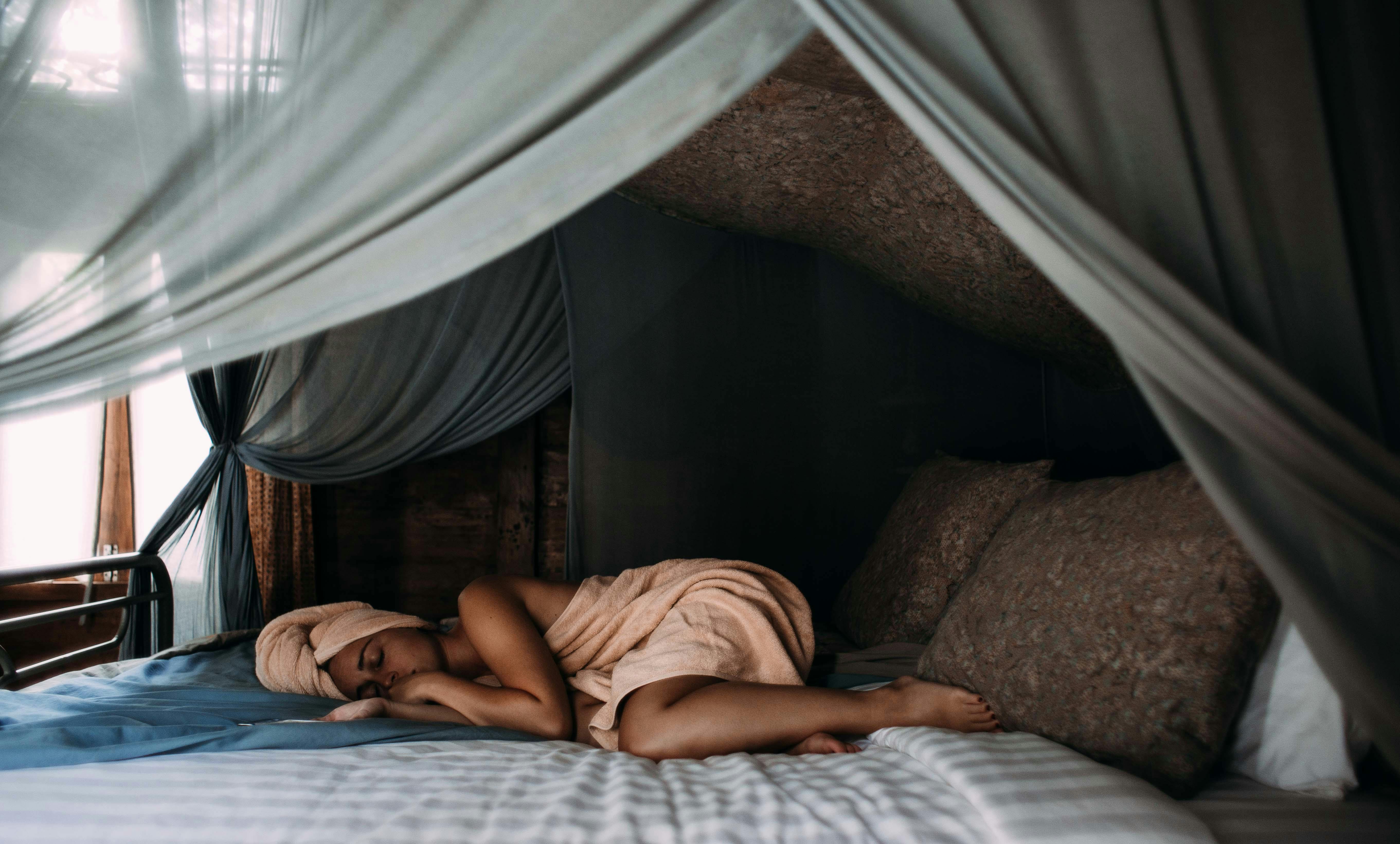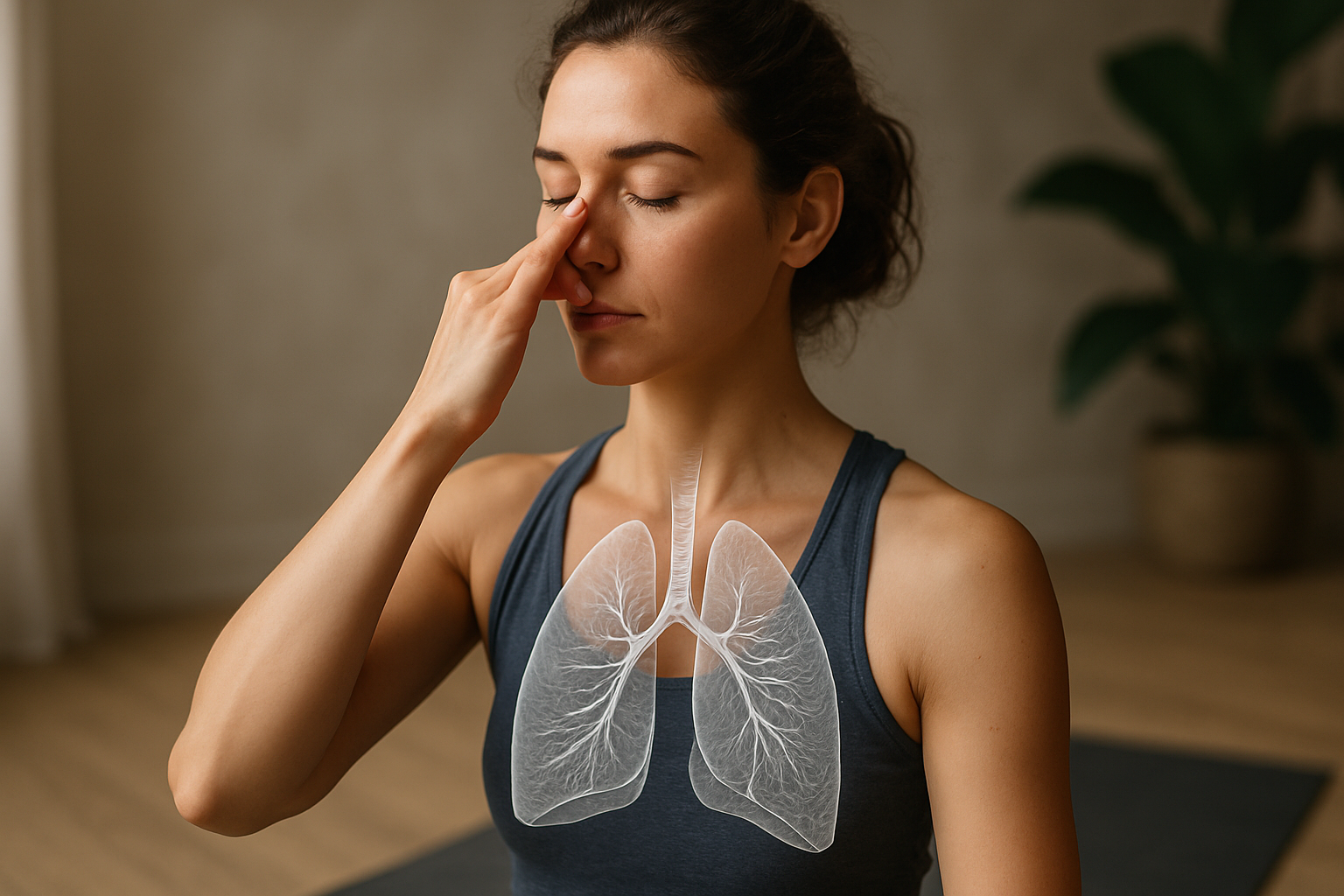Sleep Tourism: The Art of Traveling for Better Rest
Welcome to the unconventional world of sleep tourism, where the primary goal isn't sightseeing or adventure, but achieving the perfect night's sleep. This growing trend sees travelers journeying to destinations specifically designed to enhance sleep quality through specialized accommodations, programs, and environments. As our daily lives become increasingly hectic and sleep disorders affect millions worldwide, luxury hotels, wellness retreats, and innovative sleep-focused destinations are capitalizing on our collective exhaustion by offering science-backed sleep experiences that promise rejuvenation beyond traditional vacations.

The Science Behind Sleep Tourism
Sleep tourism isn’t merely about comfortable beds in exotic locations—it’s rooted in sleep science. Studies consistently show that environmental factors significantly impact sleep quality. Natural settings with reduced noise pollution, optimal temperature ranges, and exposure to natural light cycles can reset disrupted circadian rhythms. Many sleep-focused destinations leverage these principles by offering rooms with scientifically optimized conditions including customizable light settings, temperature control, sound insulation, and humidity regulation. Some even employ sleep specialists who analyze guests’ sleep patterns through non-invasive monitoring and provide personalized recommendations for improvement both during their stay and after returning home.
Luxury Sleep Destinations Redefining Rest
High-end hotels have embraced sleep tourism with remarkable enthusiasm. The Six Senses resort chain offers comprehensive sleep programs featuring handcrafted mattresses, organic bedding, humidity control systems, and wellness consultations focused on sleep improvement. The Bryte Restorative Sleep Suite at Park Hyatt New York features beds that automatically adjust throughout the night based on body temperature and movement patterns. In Switzerland, the Grand Resort Bad Ragaz combines medical expertise with hospitality to address serious sleep disorders through their dedicated sleep diagnostic center. These properties understand that luxury today extends beyond thread counts to include genuine physiological restoration—creating sleep environments that utilize cutting-edge technology to deliver measurable improvements in sleep quality.
Sleep Retreats and Immersive Programs
Beyond hotel stays, dedicated sleep retreats offer immersive multi-day programs designed to address chronic sleep issues. These retreats combine accommodations optimized for sleep with educational components including workshops on sleep hygiene, nutrition for better rest, and stress reduction techniques. At Kamalaya in Thailand, guests participate in tailored programs combining traditional Eastern practices like meditation and yoga with Western sleep medicine principles. Canyon Ranch properties offer sleep-tracking technology alongside consultations with sleep specialists who develop personalized strategies. The common thread among these retreats is their holistic approach—addressing not just the physical environment but the behavioral and psychological aspects of sleep disturbance as well.
Destination-Based Sleep Enhancement
Certain geographic locations naturally lend themselves to sleep tourism due to environmental factors. Iceland’s remote northern regions, with their negative ion-rich air from waterfalls and minimal light pollution, have become hotspots for travelers seeking natural sleep remedies. Japan’s traditional ryokans in forest settings offer minimalist accommodations promoting mental calm through forest bathing (shinrin-yoku) experiences known to reduce cortisol levels. The Dead Sea region’s unique atmospheric pressure and oxygen-rich air have been clinically shown to benefit those with sleep apnea and respiratory-related sleep disorders. Smart destinations are leveraging these natural advantages by developing accommodations specifically marketed to sleep-conscious travelers seeking environmental benefits beyond what typical resorts can provide.
The Business of Better Sleep
Sleep tourism represents a growing economic opportunity within the wellness travel sector. According to Global Wellness Institute data, wellness tourism reached $639 billion globally before the pandemic, with sleep improvement becoming one of the fastest-growing segments. Hotels investing in sleep technology report price premiums of 15-30% for sleep-optimized rooms, with high occupancy rates suggesting strong demand. This has spawned an entire ecosystem of suppliers providing specialized mattresses, blackout systems, air purification technology, and sleep-tracking devices specifically for the hospitality industry. From standalone sleep retreats to sleep-focused amenities in conventional hotels, the business model is clear: travelers are willing to pay premium prices for experiences that deliver measurable improvements in their sleep quality and overall well-being.
Essential Knowledge for Sleep Tourists
-
The ideal sleep environment maintains temperatures between 65-68°F (18-20°C) with humidity levels of 40-60%.
-
When booking sleep-focused accommodations, inquire about noise insulation ratings—STC (Sound Transmission Class) ratings above 50 provide optimal sound blocking.
-
Altitude can significantly impact sleep quality—locations above 8,000 feet may cause sleep disturbances until acclimatization occurs.
-
The best results typically come from stays of at least 5-7 nights, allowing time for circadian rhythm adjustment.
-
Many sleep tourism destinations offer take-home elements like specialty pillows or sleep-tracking devices to extend benefits beyond your stay.
-
Some health insurance plans now cover medically-oriented sleep tourism programs when prescribed by physicians.
Sleep tourism represents a fascinating evolution in travel motivation—moving beyond experiences we seek while awake to the transformative power of improved rest. As sleep science advances and public awareness of sleep’s importance grows, we can expect this trend to expand beyond luxury markets into more accessible forms. Whether seeking relief from chronic insomnia or simply wanting to experience truly restorative sleep, this emerging travel category offers something uniquely valuable: the opportunity to return home not just with memories, but with improved wellbeing and practical knowledge for better living through better sleeping.






